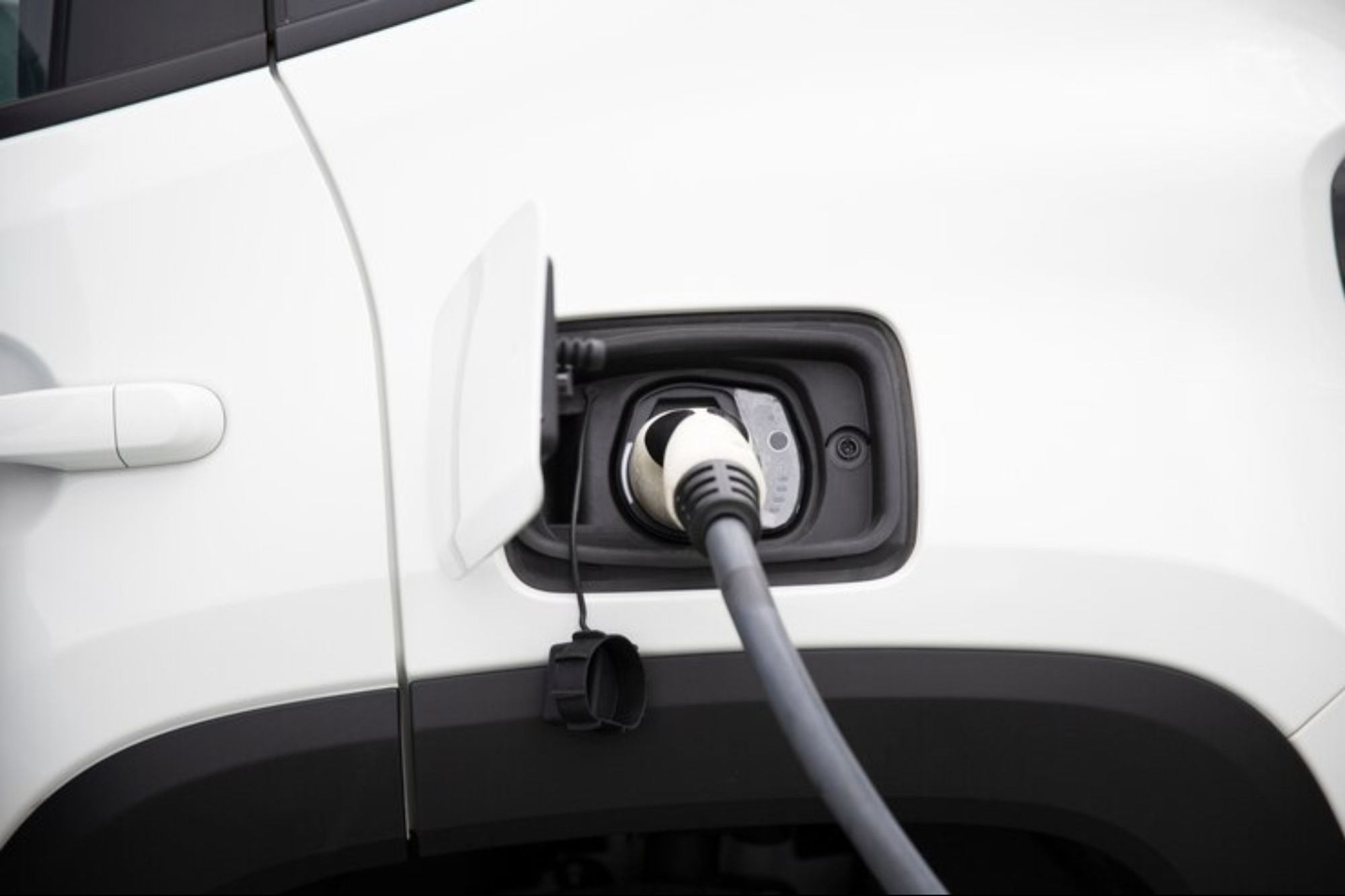Chinese EV Companies May Not Enjoy Duty Concessions Under EV Policy BYD does not come into the picture because it will not be able to provide FDI commitment that this EV policy needs.
Opinions expressed by Entrepreneur contributors are their own.
You're reading Entrepreneur India, an international franchise of Entrepreneur Media.

Recently central government launched new EV policy with concessional rate of duty of 15 per cent, which is being widely expected to attract global EV players into the country, including Elon Musk's Tesla Inc. However, the situation is not same for all the countries.
According to the FDI policy, Chinese companies may not be able to enjoy the concessions under the EV policy as it will have to come through government route, due to national security concerns.
The EV policy mandates a minimum investment as well as a timeline of three years for setting up manufacturing facilities in India to start commercial production of e-vehicles to qualify for the lower import duty rate of 15 per cent.
As per official quoted by media, BYD does not come into the picture because it will not be able to provide FDI commitment that this EV policy needs.
"The concessional import duty policy is linked to actual investments in that sense. BYD does not come into the picture because it will not be able to provide FDI commitment that this EV policy needs. Because FDI will require clearances, BYD is, in the sense, out. Meaning, if it has to come, it will have to pay the existing duty of 70 and 100 per cent," the official was quoted as saying.
India's FDI Policy
In order to curb opportunistic takeovers or acquisitions of Indian companies, the Centre amended the FDI policy, specifically Press Note 3, April 2020.
Under the new rule, an entity of a country, sharing land border with India or where the beneficial owner of an investment in India is situated in or is a citizen of any such country, can invest only under the government route. The amended rules under Press Note 3 came into force from April 22, 2020.
Any investment proposal from Chinese or land-border nations will face a detailed scrutiny, and can come in only through the government route as per the rules laid down in Press Note 3.
India's reluctance over granting concessions to Chinese EV makers via its newly unveiled policy is significant, given that Beijing is one of the strongest players in the sector.
China is a key leader in the global EV market in production, sales as well as exports. As per International Energy Agency (IEA), Beijing is the largest producer of electric vehicles and also a leading exporter of electric cars, representing over 35 per cent of outbound shipments in 2022.
In 2022, China led the world in the sale of electric cars, accounting for around 60 per cent of global purchases. More than half of the electric cars on roads worldwide are now in China. The country has already exceeded its 2025 target for the sale of new energy vehicle, according to a report by IEA.









